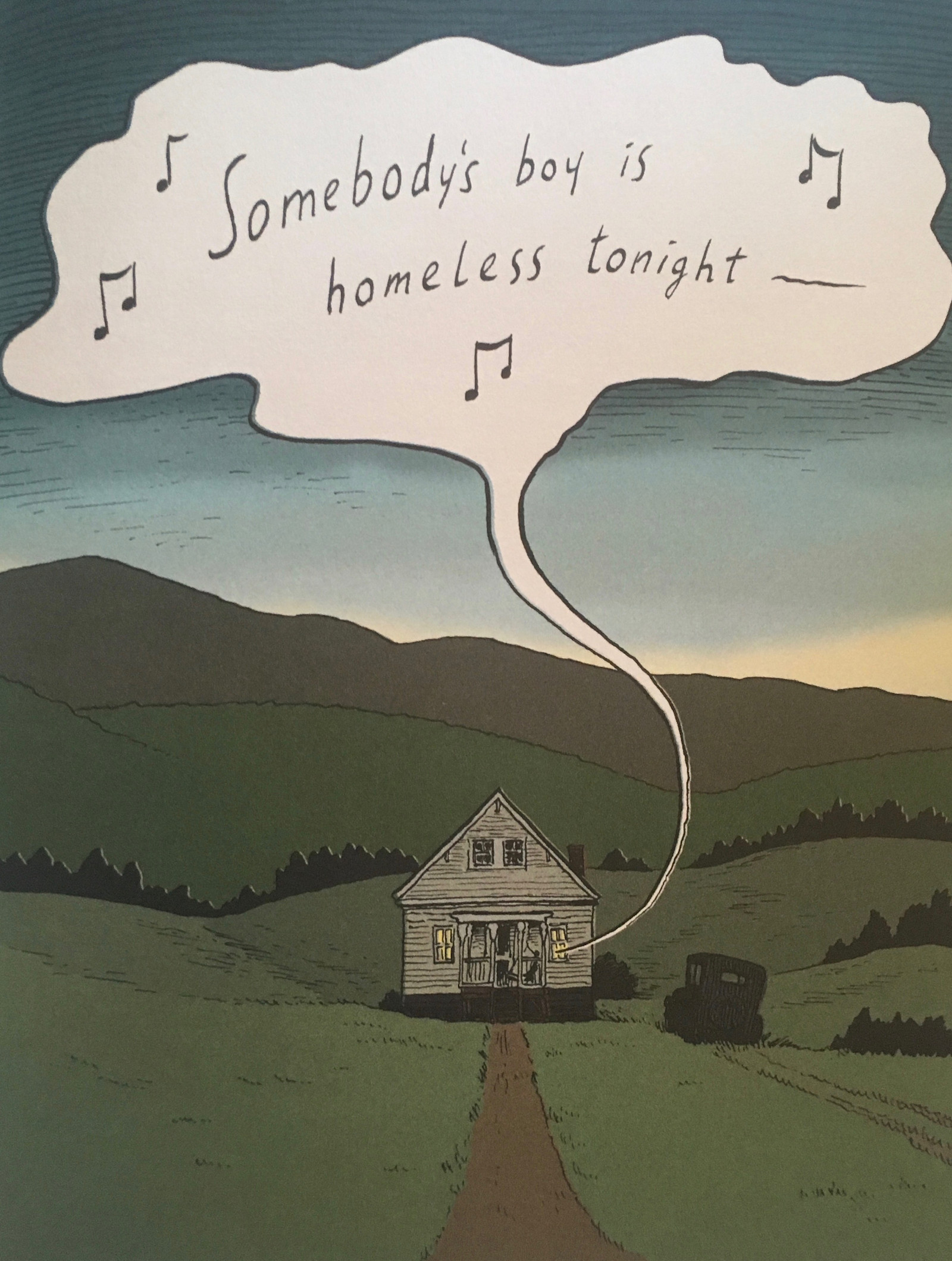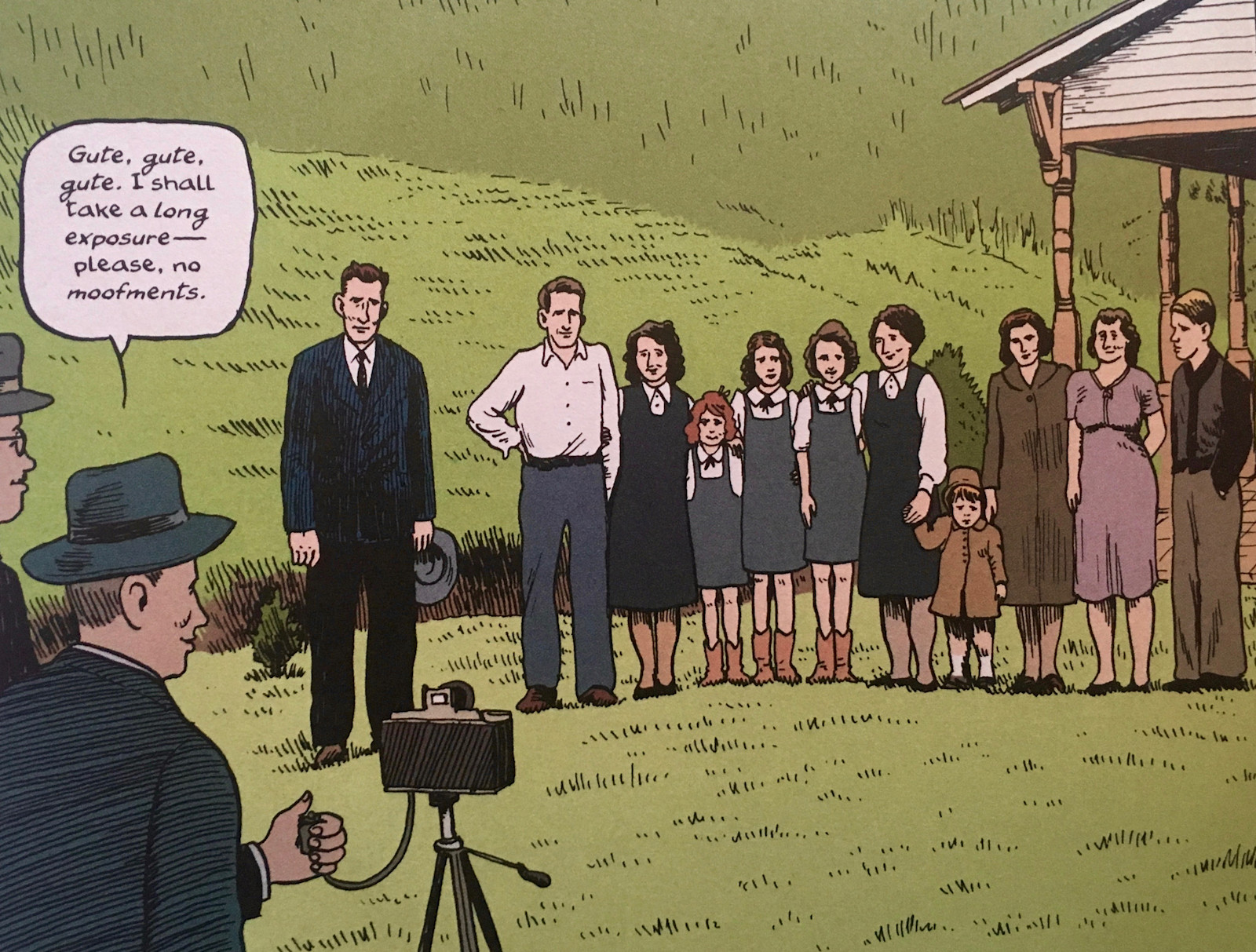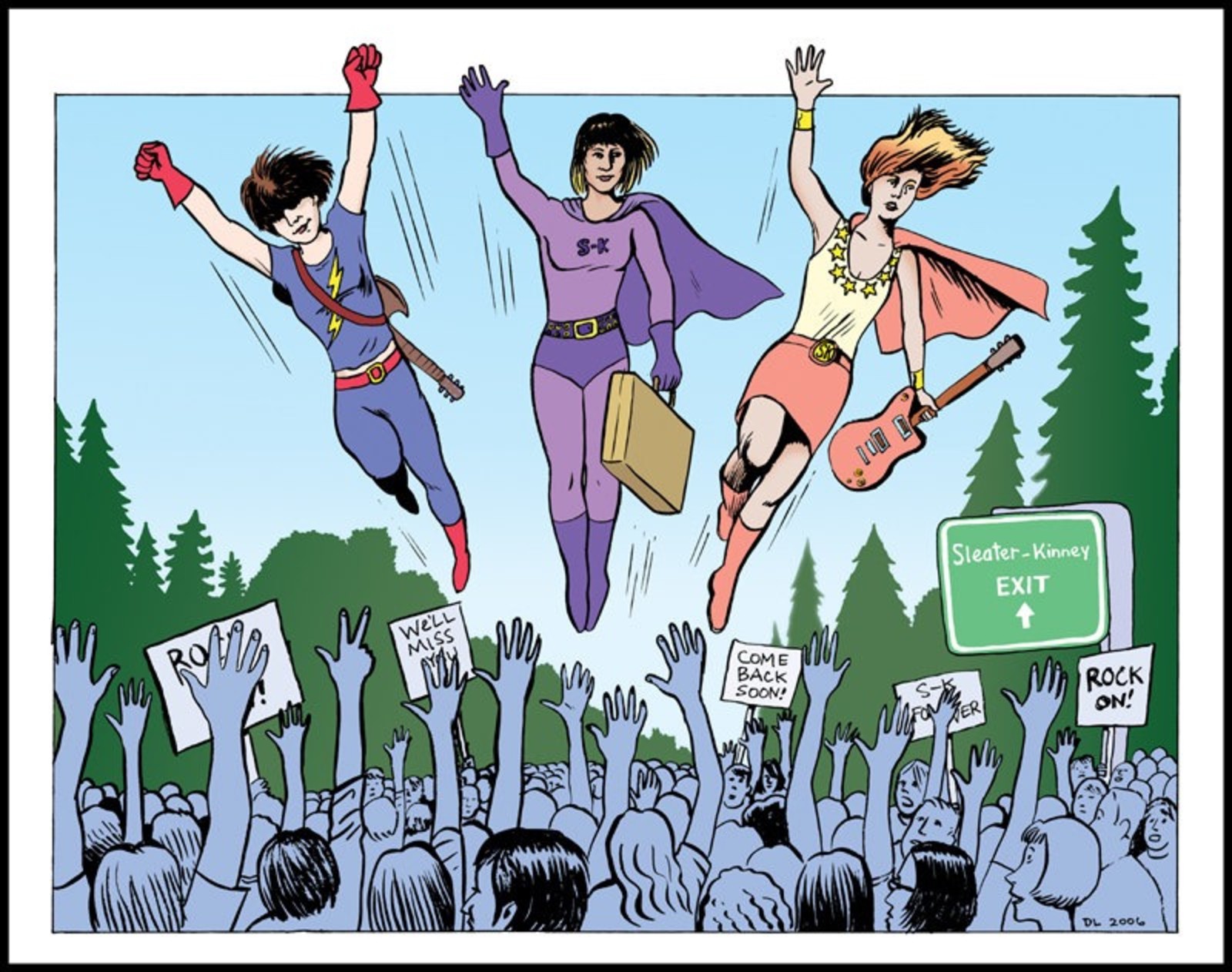Meet David Lasky
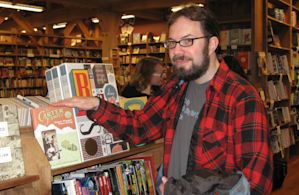
David Lasky does not write superhero comics. He’s a cartoonist's cartoonist, a graphic novelist, and a highly-regarded teacher of the art of comics who has been working in Seattle for more than 20 years. But one who has been a cartoonist for so long cannot avoid superheroes. Who can? They’re everywhere these days. An illustration on the back of one of David’s mini-comics caught our attention. He asks, “If you were a superhero…” The question is a poignant one. Maybe it gets to the heart of our collective fascination with superheroes. An interest that isn’t dissimilar to the sway that mythological gods like Zeus, Poseidon, and Aphrodite held in ancient Greece.
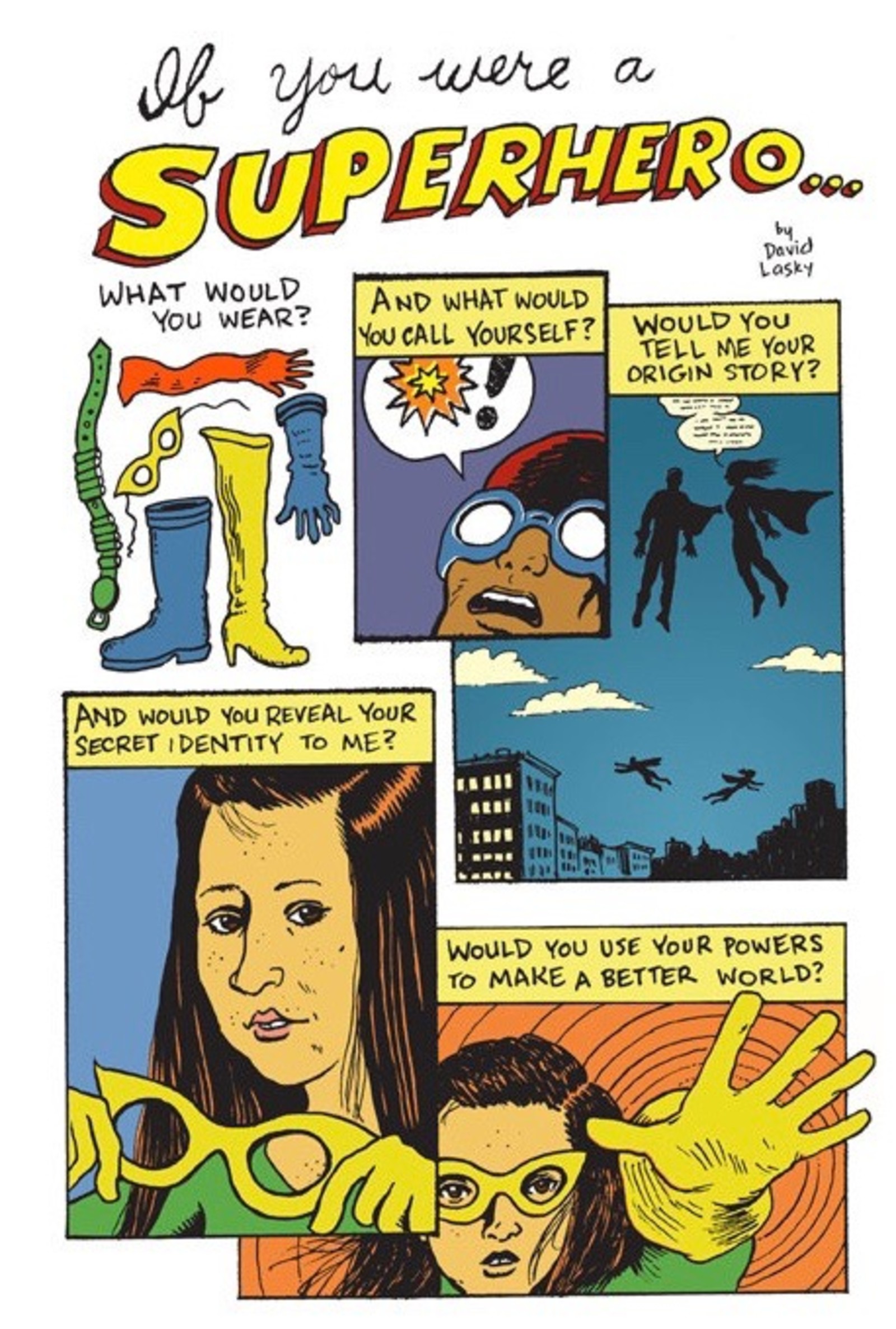
With great power comes great responsibility, as Uncle Ben told a young Peter Parker. Much more interesting than the fantastic powers of superheroes is their ability to control them and to use them for good. The more complex the human underneath the costume, the more interest they seem to generate. Just look at the box office totals of Christopher Nolan’s The Dark Knight trilogy.
Would you be strong enough to control your powers? Would you use your powers to make a better world?
Tantalized by the questions, we asked David to illustrate our Crew Feature for our comics-themed recent newsletter. We asked selected crew members who they would be if they could be any superhero and gave the answers to David along with a photograph of each individual. We loved the result.
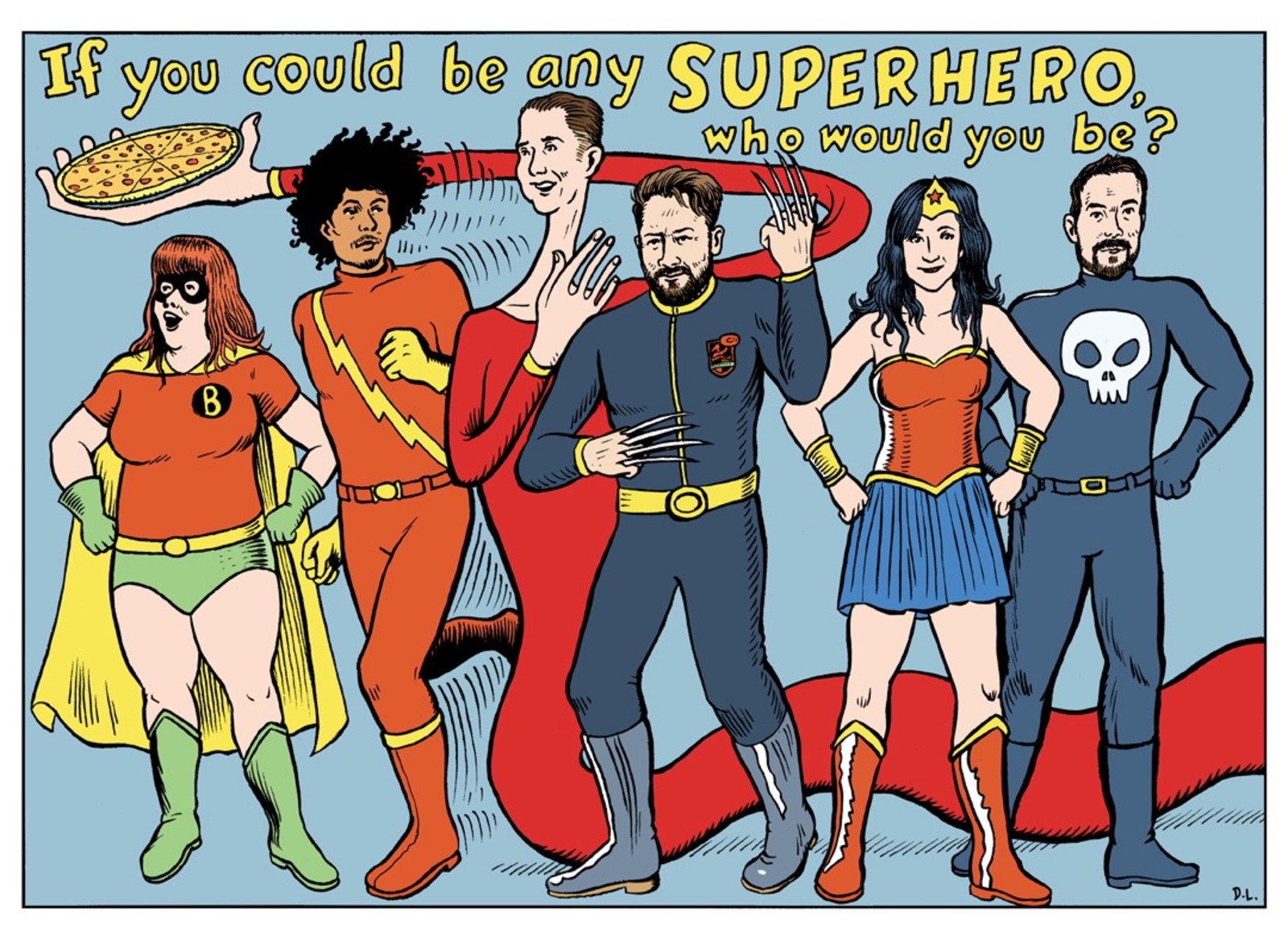
In 2013, David was sent to Russia by the U.S. State Department to represent America at a comics festival. He gave slide lectures about comics, including superhero comics, at various libraries and universities. David said, “Superheroes have been coming into Russian culture, from our animated cartoons and CGI movies, but have never been created in Russia. It's not a Russian thing.” A bit ironic since the majority of our iconic superheroes, including Superman, Batman, The Hulk, Captain America, and the X-Men, were created by Jewish-American comics creators of Eastern European ancestry.
At one stop David presented his lecture to an audience of children in a depressed mill town. A young artist in one of his workshops asked him why superheroes were created. David remembers telling him “they were originally a product of the Great Depression and that they gave readers a sense of hope and a feeling of empowerment. I realized that although superheroes have roots in European and Jewish folktales and epic literature, they are a uniquely American invention. And they represent more than just power fantasies or movie franchises. They're about our power, as individuals and in groups, to change the world.“ He got the sense that decades, or perhaps centuries, of institutionalized oppression have dampened any general feelings of hope or optimism there.
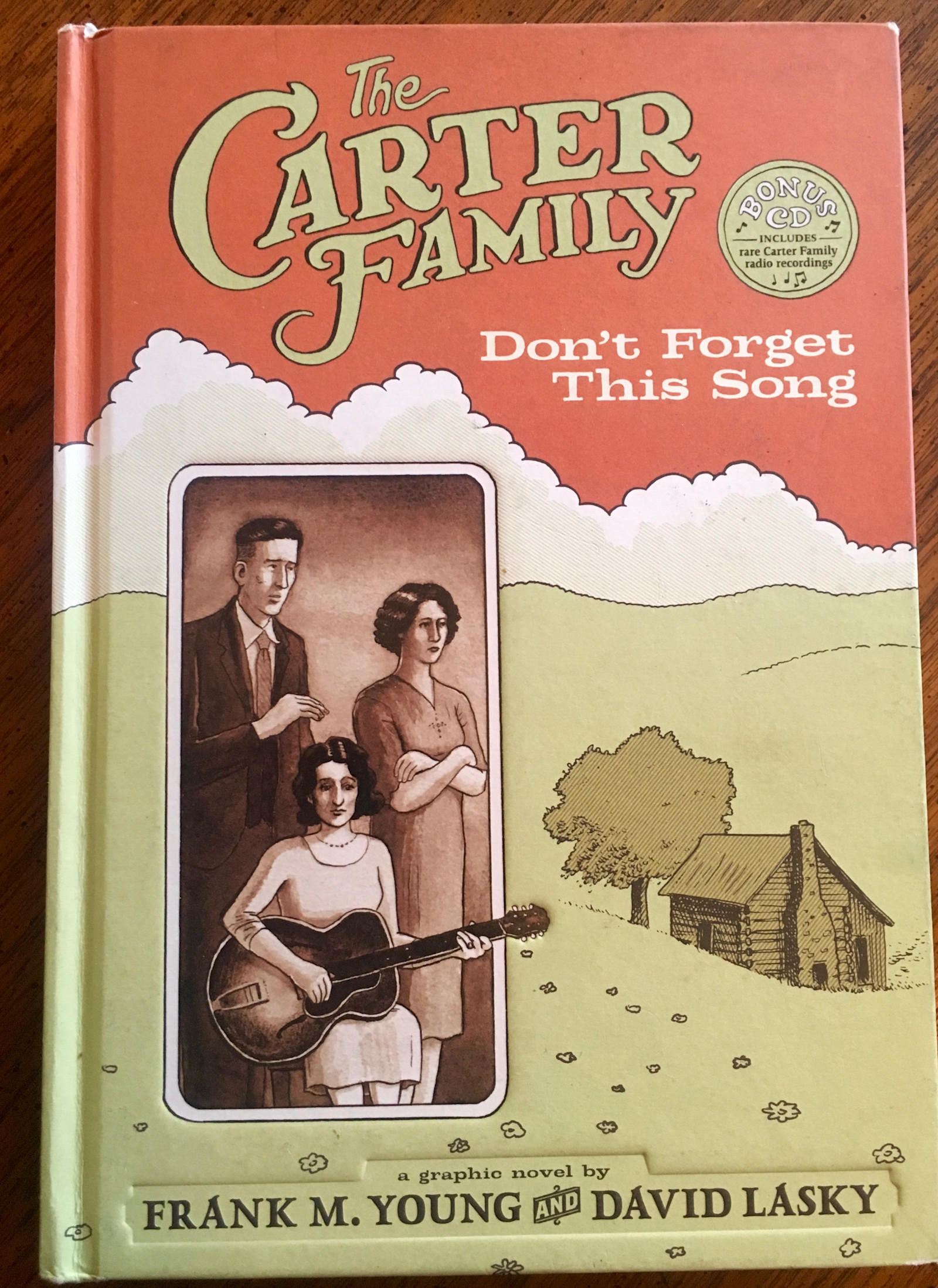
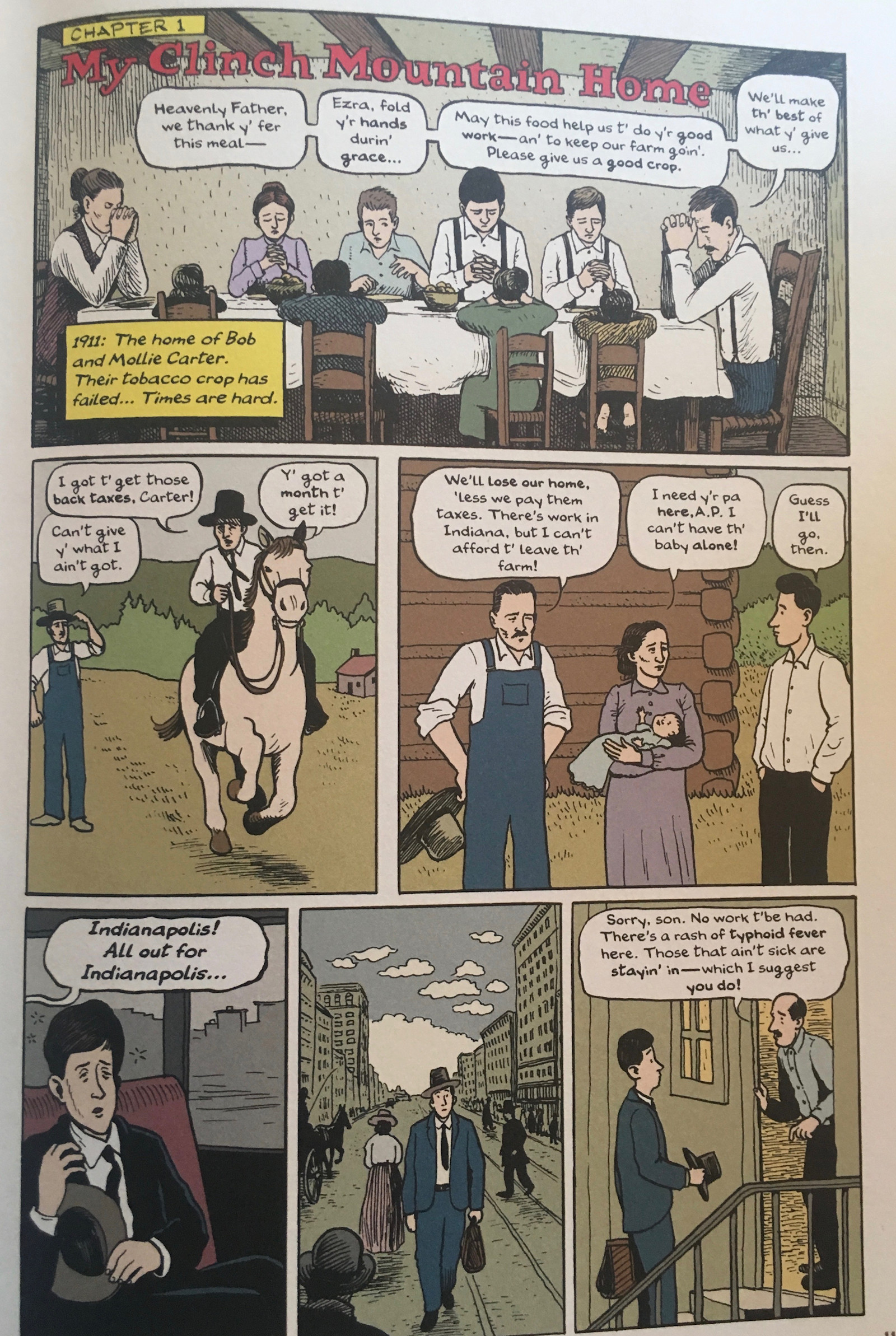
David is probably best known for his collaboration with Frank Young on The Carter Family, a graphic novel set in the American South during the years of the Great Depression. The novel traces the rise and fall of the most influential trio in the history of American roots music, capturing in words and pictures the heartfelt honesty heard in the music of the Carter Family. In the book’s introduction Frank Young says of the Carter Family, “They are the foundation upon which all of commercial country music (and, by extension, rock ’n’ roll) rests. They broke the ground that modern performers take for granted. They helped shape the popular song as we know it today.” The novel is about their music, but more than that it’s about the people behind the music. While many biographies portray their subjects as superheroes, this one follows immensely talented and ambitious characters who are all too human. David says of the story’s protagonist: “AP Carter is a tragic hero - more tragic even than Spiderman, in my estimation.”
The graphic novel won an Eisner Award, the comic industry’s version of an Oscar, for Best Reality-Based Comic in 2013.
